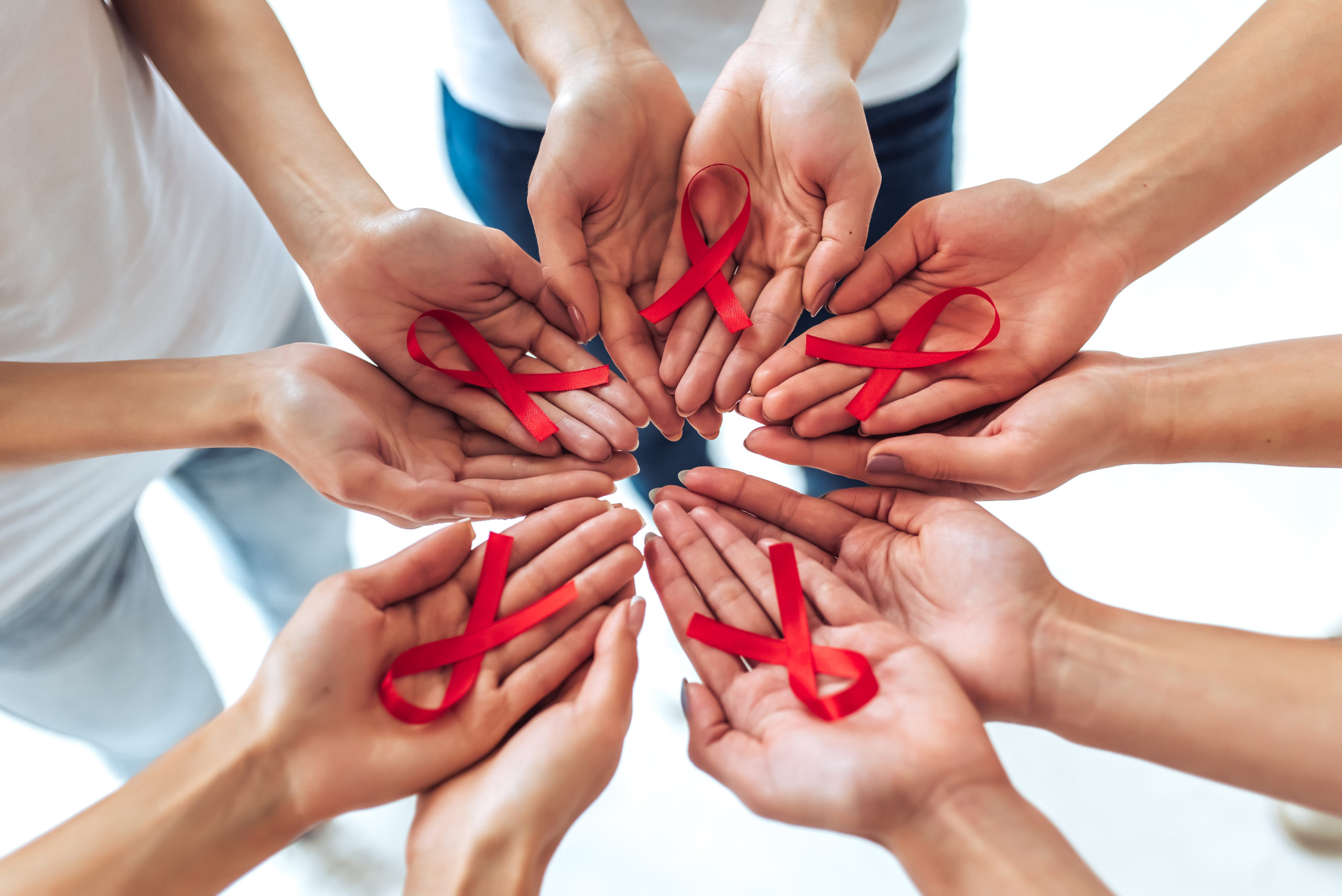HIV is a serious infection that makes your immune system weaker and puts you at risk of developing AIDS when left untreated. Learn more about the causes of HIV and available treatments for it.
The human immunodeficiency virus (HIV) is an infection that can lead to life-threatening complications without treatment. Over time, it can result in acquired immunodeficiency syndrome (AIDS). Knowing who has a higher risk of getting an HIV infection and understanding treatment options can significantly reduce the risk of developing AIDS.
Causes and risk factors for HIV and AIDS
The virus that causes HIV infections gradually weakens the immune system. In some cases, it ends up becoming AIDS, which can lead to serious complications such as cancer, tuberculosis, or kidney disease. You can get an HIV infection when the virus enters your body through blood, vaginal fluids, or semen. This can happen in different ways, such as sexual activity with an infected individual when you do not use a condom or other protection. You can also get it from sharing needles or receiving a blood transfusion.
People who have a higher risk of getting HIV include those who have unprotected sex, especially if they have had several partners. Other risk factors include using drugs that require needles if those needles are shared and having a sexually transmitted infection that causes sores to form in the genital area.
Treatment for HIV infections
Currently, there are no cures for HIV infections. However, there are different medications available that can help you manage an infection better so that it does not become AIDS. These medications help prevent HIV from getting worse, which can help decrease your risk of complications. There are different classes of HIV drugs that can be used in various combinations to treat this infection. Many patients take a combination of three of these drugs from two different classes, which lowers the risk of developing a drug-resistant HIV strain.
The drugs that are used to treat HIV work in different ways. Some prevent the virus from creating copies of itself, while others stop the virus from entering cells in the immune system. The drug combination that each patient takes differs depending on certain factors. Since these drugs can have side effects, regular doctor appointments are commonly needed throughout treatment. Other health issues that occur, whether or not they are linked to HIV, also need to be treated to lower the overall risk of complications.
HIV treatment also usually includes resources to help patients cope with this infection, such as support groups or financial assistance. These resources can help make the experience of living with HIV and undergoing treatment less stressful.
If you are searching for an HIV treatment center near you in Arkansas, please contact ARcare for more information by calling (866)-550-4719. Our facility offers HIV testing in Arkansas as well as treatment, support, and other resources.
